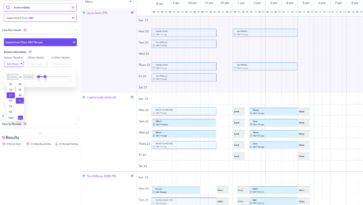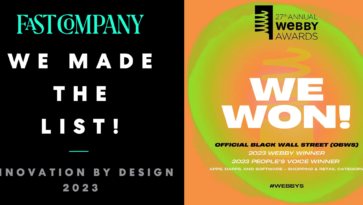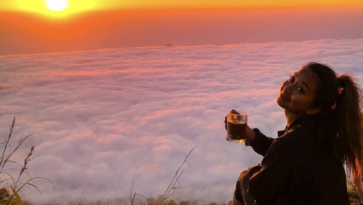Where did you grow up and what was it like?
I grew up in Southern California. Back in the early 90’s my parents owned a shop (think incense, crystals and global imports) in downtown Huntington Beach. I spent a lot of time hanging out in the store and walking to and from the beach with my four siblings (I’m the middle of 7). The beach was my life and I spent most of my free days on the sand or in the water. We moved around a lot as the cost of living evolved in California so I became very comfortable with a somewhat nomadic lifestyle and I consider many areas home from urban LA to suburban Orange County to the San Bernardino Mountains. After a year of conventional high school, I decided it wasn’t for me and applied for a film and TV program at the Orange County High School of the Arts in Santa Ana where I spent the next three years learning film history, cinematography, editing, directing and writing. After high school I studied film in college, then graphic design, then english. I was working full time by 18, had a hard time committing to one subject and just wanted to be creative. I dropped out of a typical college track, took a couple of web design and development classes and was hooked on creating things for the internet.
Outside of work, what are you irrationally passionate about?
I describe myself as a collector and I’m obsessed with vintage furniture, dinnerware, records and cassette tapes. The irrational part of that passion is I don’t have space for any of it. I also picked up a love of science fiction from my grandmother who was a scientist in her early years and a big Issac Asimov fan. I’m obsessed with corny sci fi tv shows and watched X files in its entirety during 2020–2021. I could probably teach a class on the X files. I wouldn’t call it irrational but I’ve always loved the ocean, worked at an aquarium for 4 years and my favorite activity of all time is laying in the sun on the sand like a lizard.
It’s rather common that PMs have uncommon paths into the discipline. Walk us through the process that you went through to get into Product.
My path to tech in general stems from my vintage obsession! After working in vintage stores for a few years, I decided to become a vintage dealer and started a Shopify store selling vintage clothes and housewares. I’ve always been obsessed with technology but was never really sure where to start on making a career in tech. I landed on teaching myself front end web development in order to feel empowered to make changes to my own website and help friends of mine build theirs. With the skills I gained doing that, my career expanded into the ecommerce world. I spent time working in several early stage startups in a variety of roles including operations, customer service, customer experience, account management, sales and marketing. The work that I felt most passionate about were always roles where I could build or curate beautiful online experiences, listen to customers, collect feedback on experiences and lean on my design and web development skills to help shape how things worked. When the startup I was working at last started hiring for their first product team, I jumped at the opportunity to become a product manager and have been set on learning everything I can about product management ever since.
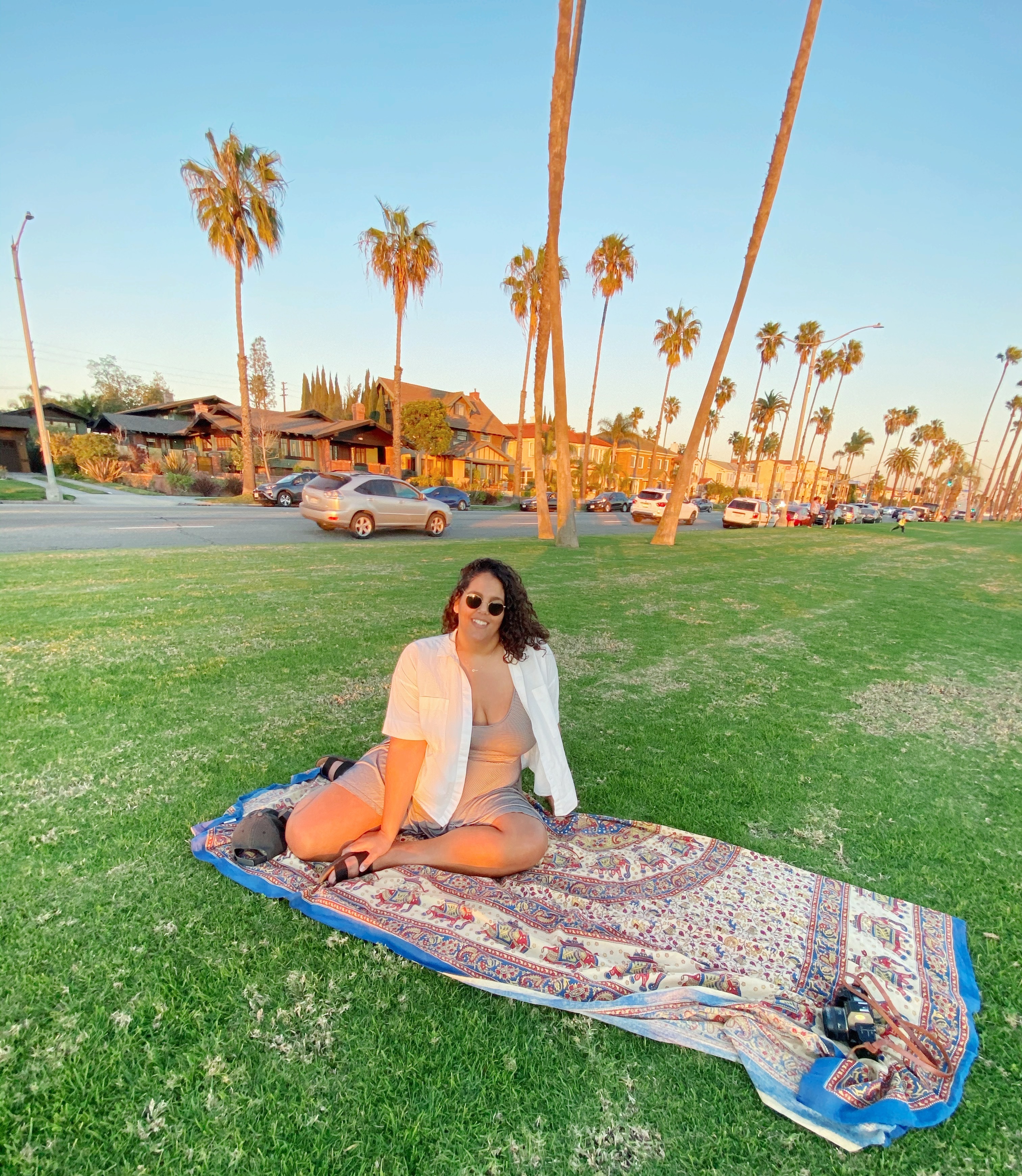
We talk a lot about our jobs being the opportunity to imagine the future and then make it real. What vision do you have for the future and want to make real?
In an ideal world, I’d live in a future where love, empathy and equality are prioritized over profit. The role tech plays in our lives is only going to grow so I would like to see technology integrated into our everyday lives in a more organic way that’s healthier for our brains and helps us have more free time. Basically, I want to live in the star trek future and not the star wars future.
Not everything we do works and that’s okay. We learn from those things. What is the least successful product or project you’ve contributed to and what did you learn? (No need to mention real names if it’s an issue)
I hate to drag the last company I worked for because we did have many great successes but their website and operations as a whole should be deemed as a failure, in my opinion. From the top, the most influential stakeholders didn’t grasp what was required to make their goals a reality sustainably. There were countless quick fixes to operational challenges, website bugs and CX issues with little concern for usability or scalability. We collected valuable feedback from users that either went nowhere or was taken into consideration after their trust in us had been damaged. By the time a proper product team and processes had been established, most of the team were stuck in their ways and had a difficult time accepting a new way of doing things. While all of this was incredibly frustrating, I wouldn’t trade it for anything. I learned exactly what not to do in almost every scenario you could think of and got the opportunity to spend almost five years in trial and error mode. I learned to think big, how to think on my feet, to ask for forgiveness instead of permission, how to work with a difficult team in high stakes situations and I can confidently say that not much scares me anymore (lol).
How has a failure, or apparent failure, set you up for later success? Do you have a “favorite failure” of yours?” (Borrowed from Tim Ferris’ “Tribe of Mentors”)
My aforementioned least successful product is also 100% my favorite failure. In my mind I compare it to that fear of falling when you’re learning to ride a skateboard. In the beginning, falling is all you can think about. You’re wearing knee pads and look like a dork. After you fall a few times, you realize it’s no big deal and can actually be pretty funny. It’s how you learn to go faster, roll over obstacles easily and turn around corners with style. That failure grew my confidence immensely, made me a better speaker, helped me think more creatively and through the failures, I met some of the more incredible people.
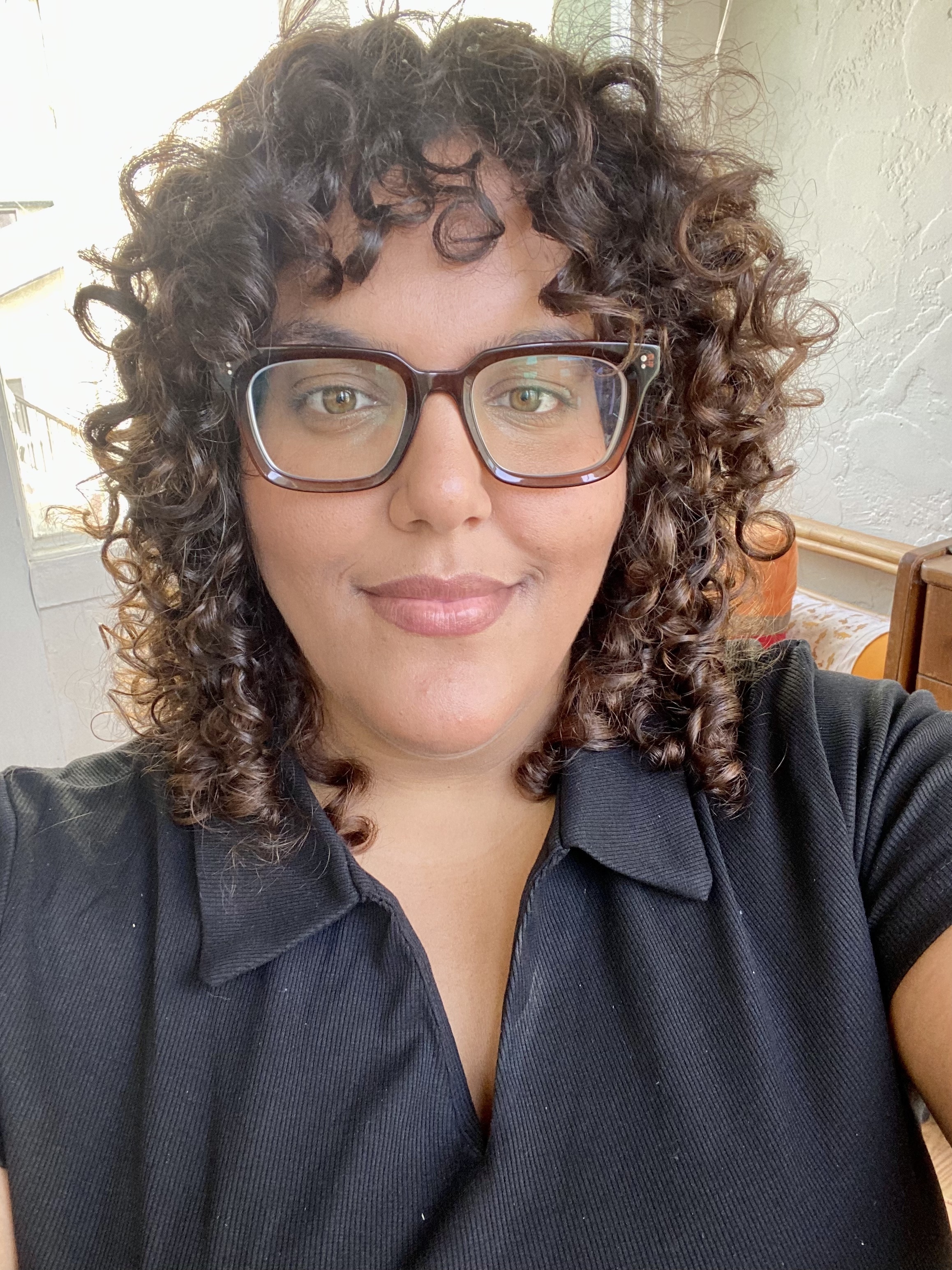
What’s been the most exciting part about joining Sidebench so far?
First of all, the coworkers I’ve met so far have been incredibly supportive and warm. Without them, things would be a lot harder. However, the most exciting part so far has been the team’s commitment to learning together, developing our skills individually and collectively and everyone’s openness to helping each other. I feel like I will learn so much about product here not only from my team members but from the diversity of work we take on.
We love to find people that ADD to our culture vs fit into our existing culture. What are some cultural aspects that you’ve experienced that you hope to bring with you?
I hope to bring a certain zest or gusto to Sidebench. I like to show up for people in high spirits (seriously, if my vibe is off I’m probably exhausted or sick which is rare). I’m caring, easy going, curious, ambitious and goofy. I would love to promote these feelings in everyone.
Describe your super power or describe what unique skill/perspective you bring to the team here.
I come from years of experience in customer service and customer experience. I love getting to know people on a deep level and help solve their problems or turn things around for them. I’ve found that people generally find me very disarming and trustworthy. Someone once described this superpower to me as being “good at hanging out”. This has been really beneficial in the past when dealing with customers in sticky situations and I think this will really help at Sidebench while interfacing with clients. I’m genuinely interested in helping people. knowing everyone I work with and making them feel happy.
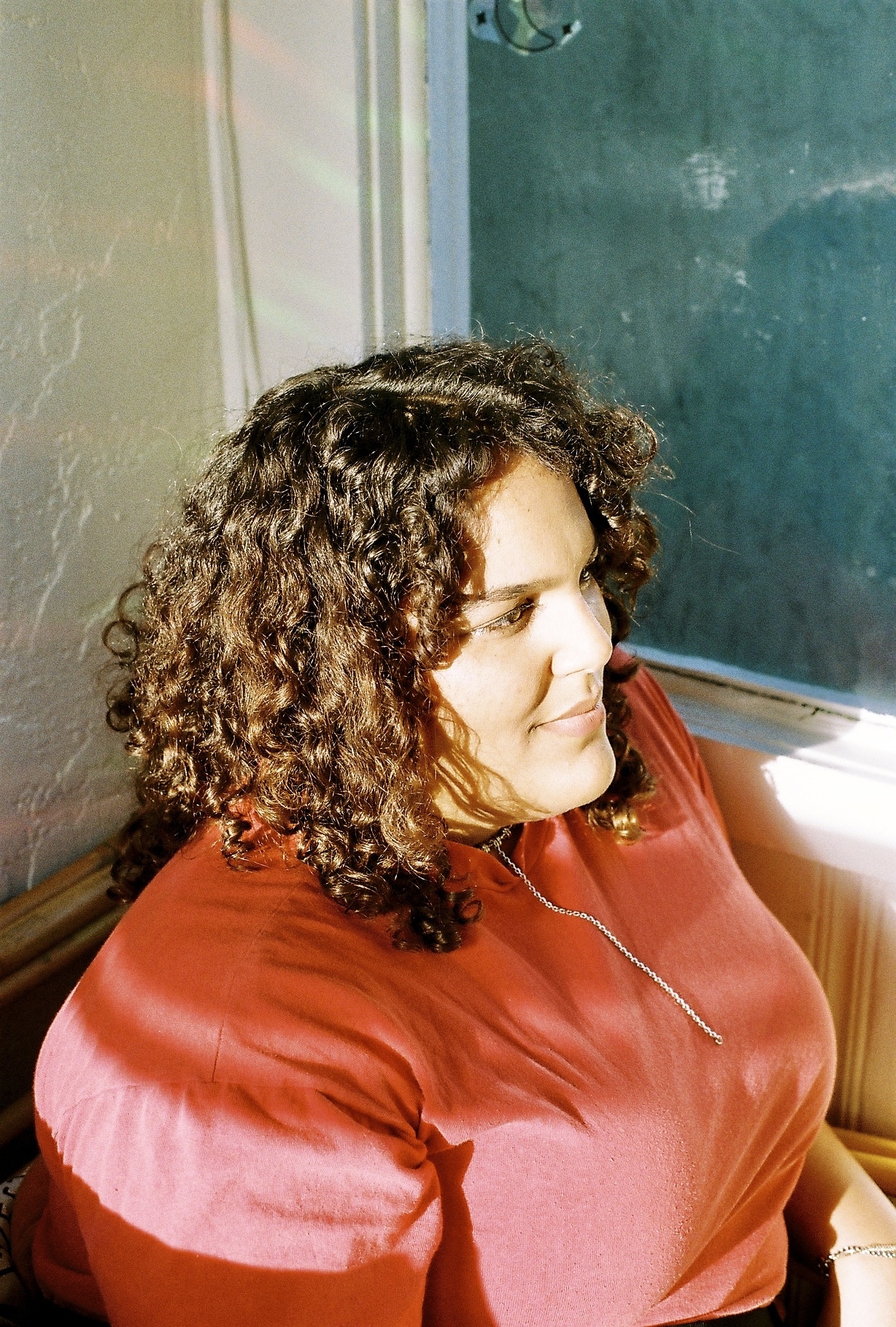
What skill, practice, behavior, hobby or habits are you currently working on?
I’m practicing being kinder to myself physically and mentally. This habit can cover so much but generally, I’m trying to get more/enough sleep, eat and drink things that will benefit my health and energy level, spend time with people who add positive feelings to my life, move more and speak to myself with the level of grace I would speak to someone else.
Bonus Question: What book, publication, or podcast have you most recommended lately and why?
I am always telling people to listen to Desert Oracle Radio. It’s a show/podcast that airs out in Yucca Valley that has sort of old school AM radio vibes. The host tells local desert stories, takes listener calls, tells stories about ghosts or desert myths and advocates for desert conservation. It’s funny, spooky, informative and unique.




